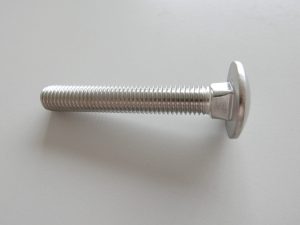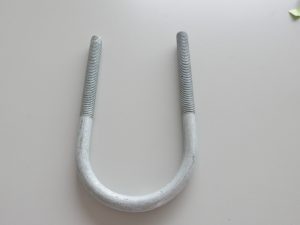Industrial fasteners play a crucial role in the world of manufacturing, construction, and engineering. These small but mighty components are the unsung heroes that hold our structures together, providing stability, strength, and reliability. In this blog post, we will delve into the world of industrial fasteners, exploring their significance, types, and why choosing the right fasteners is essential for successful project outcomes.
The Foundation of Structural Integrity:
Industrial fasteners are the backbone of structural integrity in various industries. Whether it’s constructing a high-rise building, assembling machinery, or manufacturing vehicles, fasteners provide the necessary strength and durability to hold components together. Without proper fastening solutions, structures would be prone to collapsing or failing under stress, posing significant safety risks.
Types of Industrial Fasteners:
There is a wide range of industrial fasteners available, each designed for specific applications and load requirements. Some commonly used types of fasteners include:
- Bolts: Bolts serve as versatile fasteners for joining two or more objects. They come in various sizes, materials, and configurations, such as hex bolts, carriage bolts, and anchor bolts.
- Nuts: Nuts secure bolts in place when paired with them. They come in different styles, such as hex nuts, wing nuts, and lock nuts, offering different levels of fastening strength.
- Screws: Screws join materials by rotating them into place, serving as threaded fasteners. They come in different head types, including flathead, Phillips, and hex head screws, each suitable for specific applications.
- Rivets: Rivets are permanent fasteners used to join materials together by deforming and securing them in place. They are commonly used in applications where welding or screwing is not feasible.
- Washers: Washers provide stability and distribute the load evenly when fastening objects. They help prevent damage to the surface and ensure a secure connection.
Factors to Consider When Choosing Industrial Fasteners:
Selecting the appropriate fasteners is crucial for the success and longevity of any project. Consider the following factors when choosing industrial fasteners:
- Load and Stress Requirements: Determine the maximum load and stress the fasteners will need to bear. This will help you select fasteners with the required strength and durability.
- Environmental Conditions: Take into consideration the environmental factors that the fasteners will encounter, including moisture, temperature variations, or corrosive substances. Choosing the right material and coating will prevent premature degradation.
- Material Compatibility: Ensure that the fastener material is compatible with the materials being joined to avoid galvanic corrosion or other chemical reactions.
- Industry Standards and Regulations: Adhere to industry-specific standards and regulations to ensure compliance and safety.
The Importance of Quality and Reliability:
Using high-quality industrial fasteners is essential to ensure the reliability and longevity of structures or products. Inferior or counterfeit fasteners can compromise safety, lead to costly repairs, and cause project delays. It’s advisable to source fasteners from reputable manufacturers or suppliers who prioritise quality control and adhere to industry standards.
Although small in size, industrial fasteners hold immense significance in various industries. From ensuring structural integrity to providing stability and strength, these unsung heroes play a vital role in successful manufacturing, construction, and engineering projects. By understanding the different types of fasteners, considering important selection factors, and prioritising quality, you can ensure the reliability and safety of your projects for years to come.




